Ghana on the World Map: A Nation’s Geographic Context and its Significance
Associated Articles: Ghana on the World Map: A Nation’s Geographic Context and its Significance
Introduction
With enthusiasm, let’s navigate by the intriguing subject associated to Ghana on the World Map: A Nation’s Geographic Context and its Significance. Let’s weave fascinating data and provide recent views to the readers.
Desk of Content material
Ghana on the World Map: A Nation’s Geographic Context and its Significance

Ghana, a vibrant West African nation, holds a big place on the world map, not only for its geographic location but in addition for its wealthy historical past, various tradition, and burgeoning financial system. Understanding Ghana’s place geographically is essential to comprehending its affect on regional and world affairs, its distinctive challenges, and its potential for future development. This text will delve into Ghana’s location, its geographical options, its geopolitical significance, and the implications of its place on the world stage.
Geographic Location and Boundaries:
Ghana is located on the Gulf of Guinea, part of the Atlantic Ocean, on the western coast of Africa. Its geographical coordinates are roughly 8°00′N 2°00′W. The nation is bordered by three different West African nations: Côte d’Ivoire to the west, Burkina Faso to the north, and Togo to the east. Its southern border is outlined by the Atlantic Ocean, offering it with an important shoreline for commerce and maritime actions. This coastal location has been traditionally vital, shaping Ghana’s financial system and its interactions with the remainder of the world.
The nation’s comparatively compact dimension, roughly 238,533 sq. kilometers, belies its various geography. It encompasses quite a lot of landscapes, from the coastal plains and lagoons to the undulating hills and plateaus of the inside, culminating within the forested areas and savannas of the north. This geographical variety contributes to the richness of Ghana’s biodiversity and its agricultural potential.
Key Geographical Options:
-
Coastal Plains: The coastal area is comparatively flat and low-lying, characterised by lagoons, estuaries, and mangrove swamps. This space is vital for fishing, agriculture (notably cocoa cultivation), and the event of main port cities like Tema and Takoradi.
-
Forest Zone: Shifting inland, the coastal plains transition right into a forest zone, as soon as dwelling to in depth rainforests. Whereas deforestation has impacted this space considerably, it nonetheless boasts vital biodiversity and stays essential for timber manufacturing and conservation efforts. This area can be vital for cocoa cultivation, a serious export crop for Ghana.
-
Savannah Zone: The northern a part of Ghana is characterised by a drier savannah local weather. This area is much less densely populated however performs a significant function in livestock farming and the cultivation of drought-resistant crops.
-
Volta River Basin: The Volta River, the biggest river in Ghana, performs an important function within the nation’s hydrology and power manufacturing. The Akosombo Dam, constructed on the Volta River, is a big supply of hydroelectric energy for the nation.
-
Lake Volta: Created by the Akosombo Dam, Lake Volta is without doubt one of the largest synthetic lakes on the planet. It has considerably impacted the panorama and the lives of individuals dwelling within the area, offering alternatives for fishing and transportation but in addition presenting challenges when it comes to resettlement and environmental administration.
Geopolitical Significance:
Ghana’s location on the Gulf of Guinea locations it at a strategic crossroads in West Africa. Its coastal place has traditionally made it a big hub for commerce and commerce, attracting each European powers and merchants from throughout the continent. This strategic location continues to be related right now, with Ghana enjoying an vital function in regional commerce, safety, and political stability.
Ghana’s comparatively steady political system in comparison with a few of its neighbors has made it a regional chief. It actively participates in numerous regional organizations akin to ECOWAS (Financial Neighborhood of West African States) and the African Union, enjoying a key function in selling peace, safety, and financial improvement throughout the continent.
The nation’s place alongside main transport lanes additionally contributes to its geopolitical significance. The ports of Tema and Takoradi function very important entry factors for items and providers, connecting Ghana to the worldwide financial system. This entry to maritime commerce routes has been instrumental within the nation’s financial improvement.
Challenges Posed by Geography:
Whereas Ghana’s geography provides many benefits, it additionally presents some vital challenges:
-
Deforestation: The lack of forest cowl resulting from logging and agricultural enlargement poses a risk to biodiversity, soil erosion, and water sources.
-
Local weather Change: Ghana is weak to the consequences of local weather change, together with modifications in rainfall patterns, elevated frequency of maximum climate occasions, and rising sea ranges, which threaten coastal communities.
-
Illness: The tropical local weather creates a conducive atmosphere for the unfold of sure ailments, posing challenges to public well being infrastructure and financial productiveness.
-
Infrastructure Improvement: Creating and sustaining infrastructure, notably transportation networks, throughout various geographical landscapes will be pricey and difficult.
Ghana’s Place within the World Economic system:
Ghana’s strategic location and its pure sources, together with gold, cocoa, and bauxite, have contributed to its integration into the worldwide financial system. The nation is a big exporter of cocoa beans, and its mining sector performs an important function in its financial development. Nonetheless, Ghana additionally faces challenges in diversifying its financial system and decreasing its dependence on commodity exports. The nation is more and more specializing in growing its service sector and selling tourism to boost its financial resilience.
Conclusion:
Ghana’s place on the world map is a mirrored image of its distinctive mix of geographical benefits and challenges. Its location on the Gulf of Guinea, its various panorama, and its comparatively steady political atmosphere have contributed to its significance in West Africa and on the worldwide stage. Nonetheless, the nation faces challenges associated to local weather change, deforestation, and financial diversification. Understanding Ghana’s geographic context is essential for appreciating its historical past, its present scenario, and its potential for future improvement. As Ghana continues to navigate the complexities of the twenty first century, its geographic location will proceed to form its future, influencing its relationships with neighboring international locations and its integration into the worldwide neighborhood. The nation’s dedication to sustainable improvement and regional cooperation shall be key to harnessing its geographic potential and securing a affluent future for its folks.
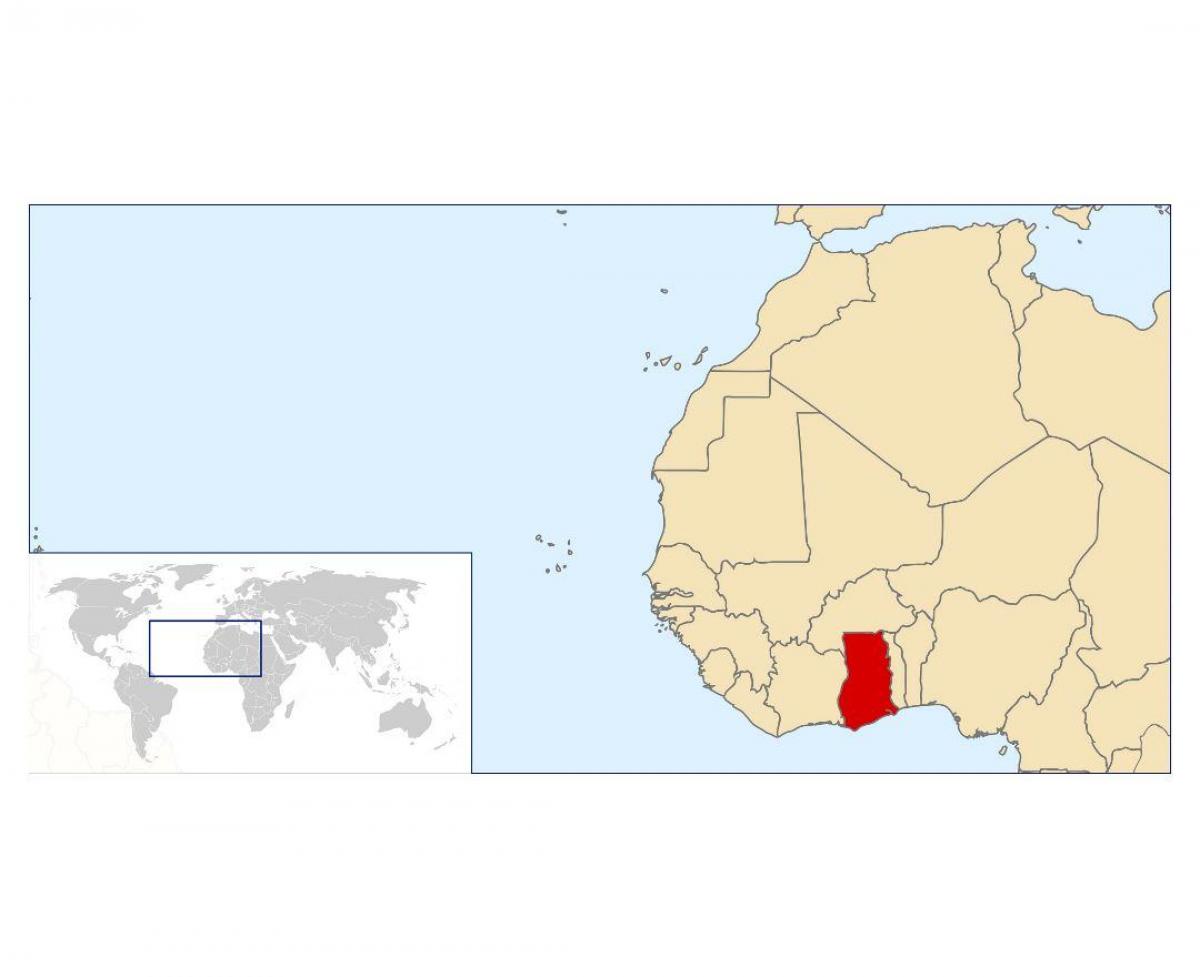

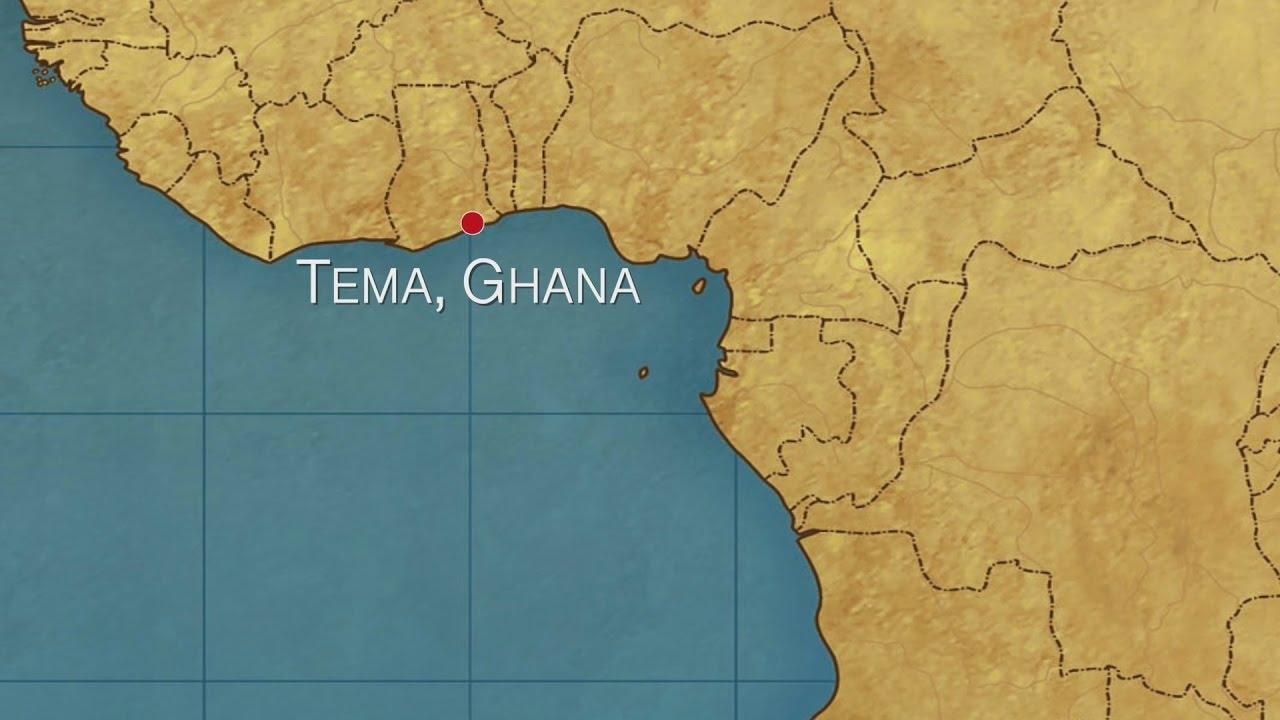
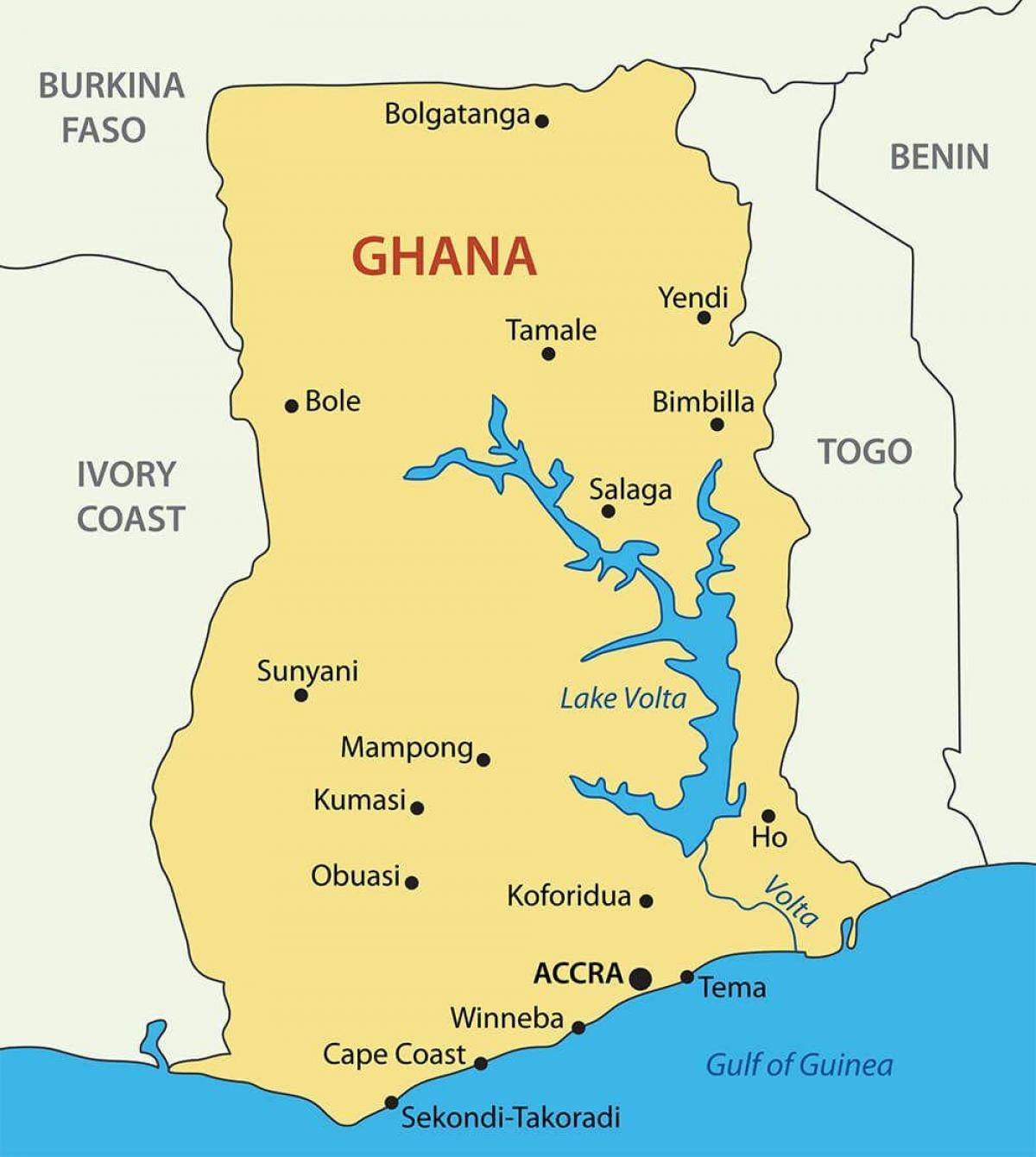
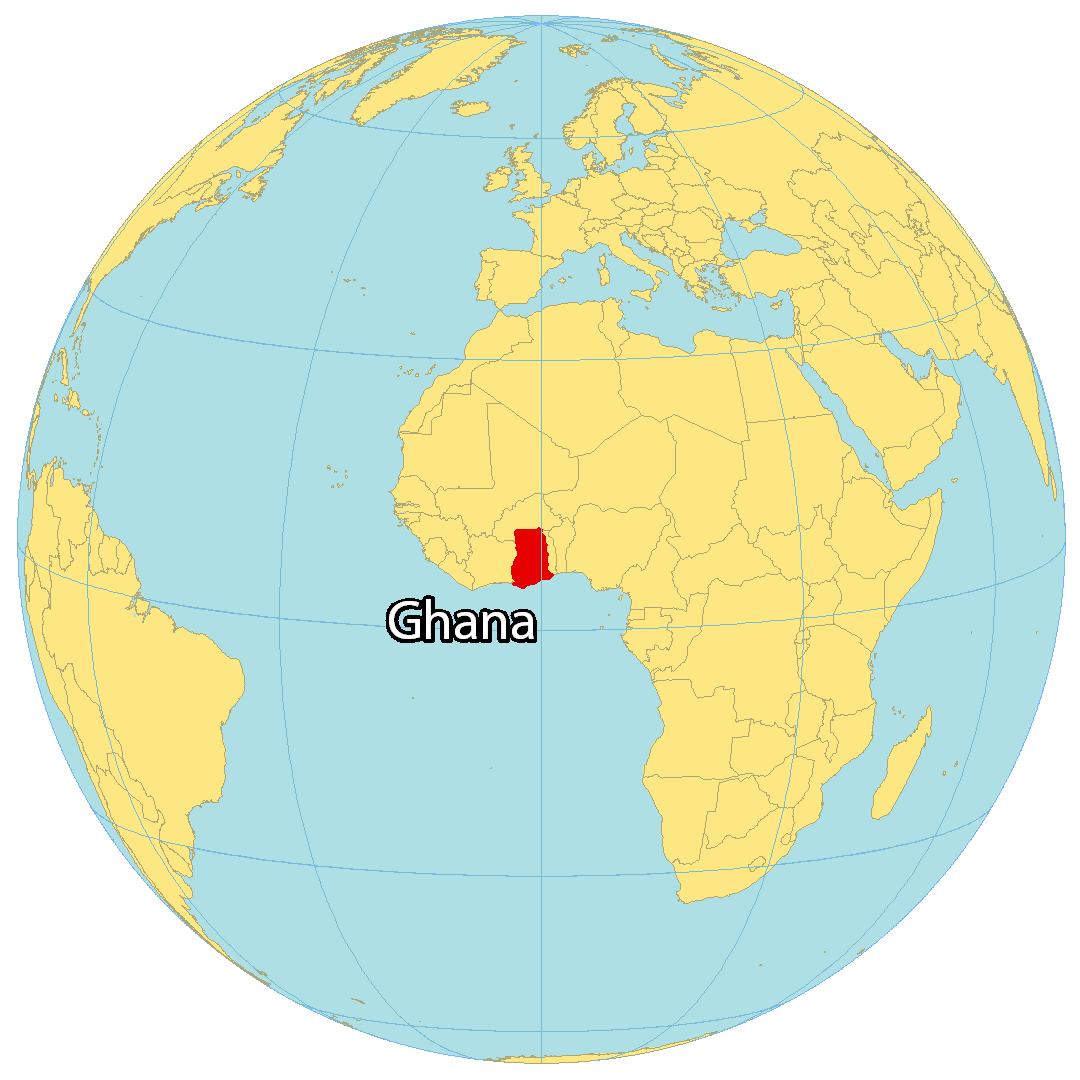
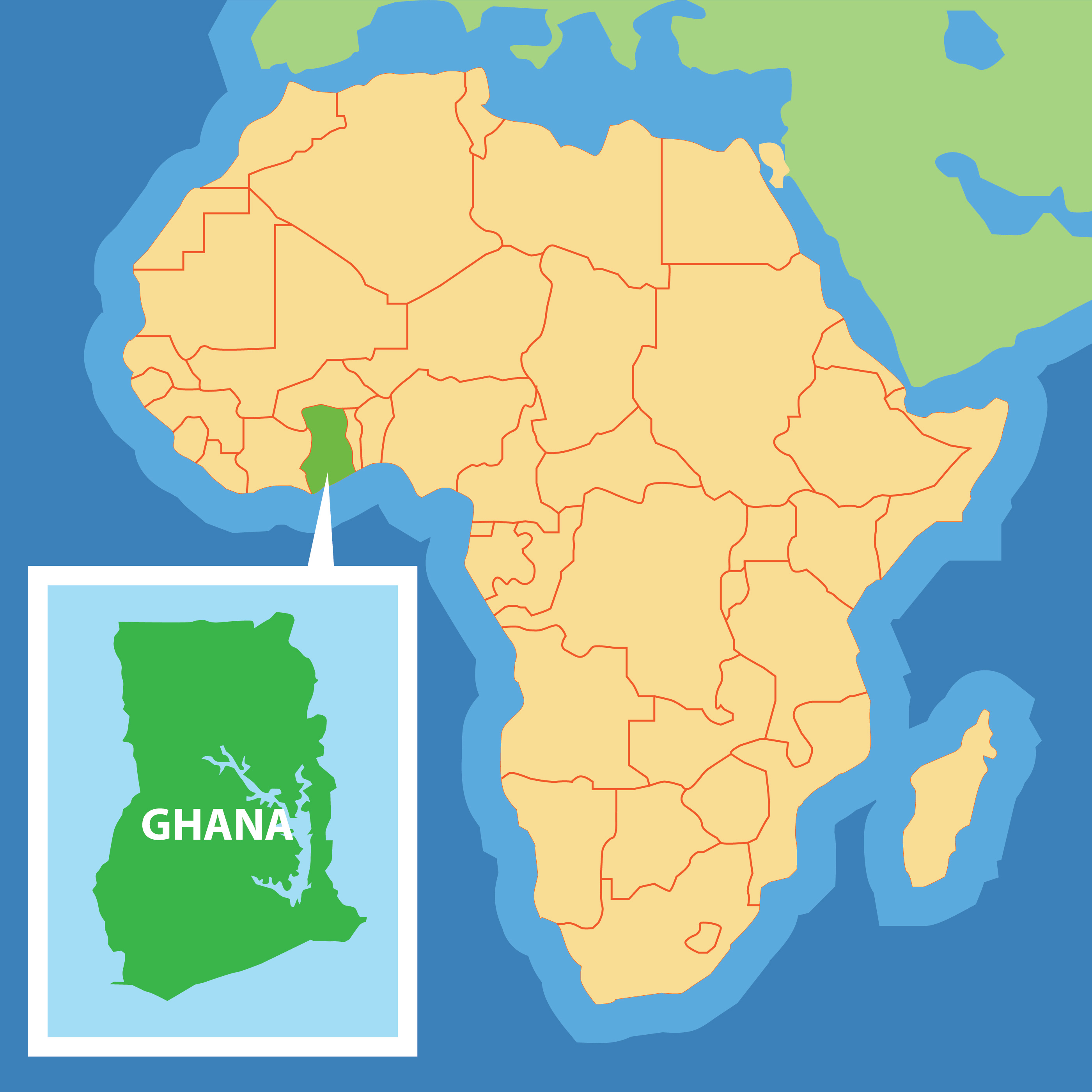

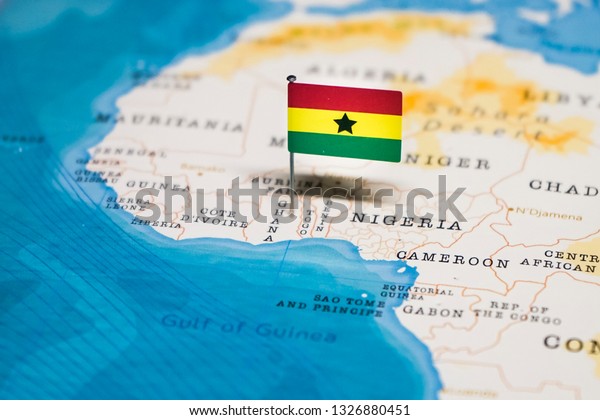
Closure
Thus, we hope this text has offered helpful insights into Ghana on the World Map: A Nation’s Geographic Context and its Significance. We hope you discover this text informative and helpful. See you in our subsequent article!